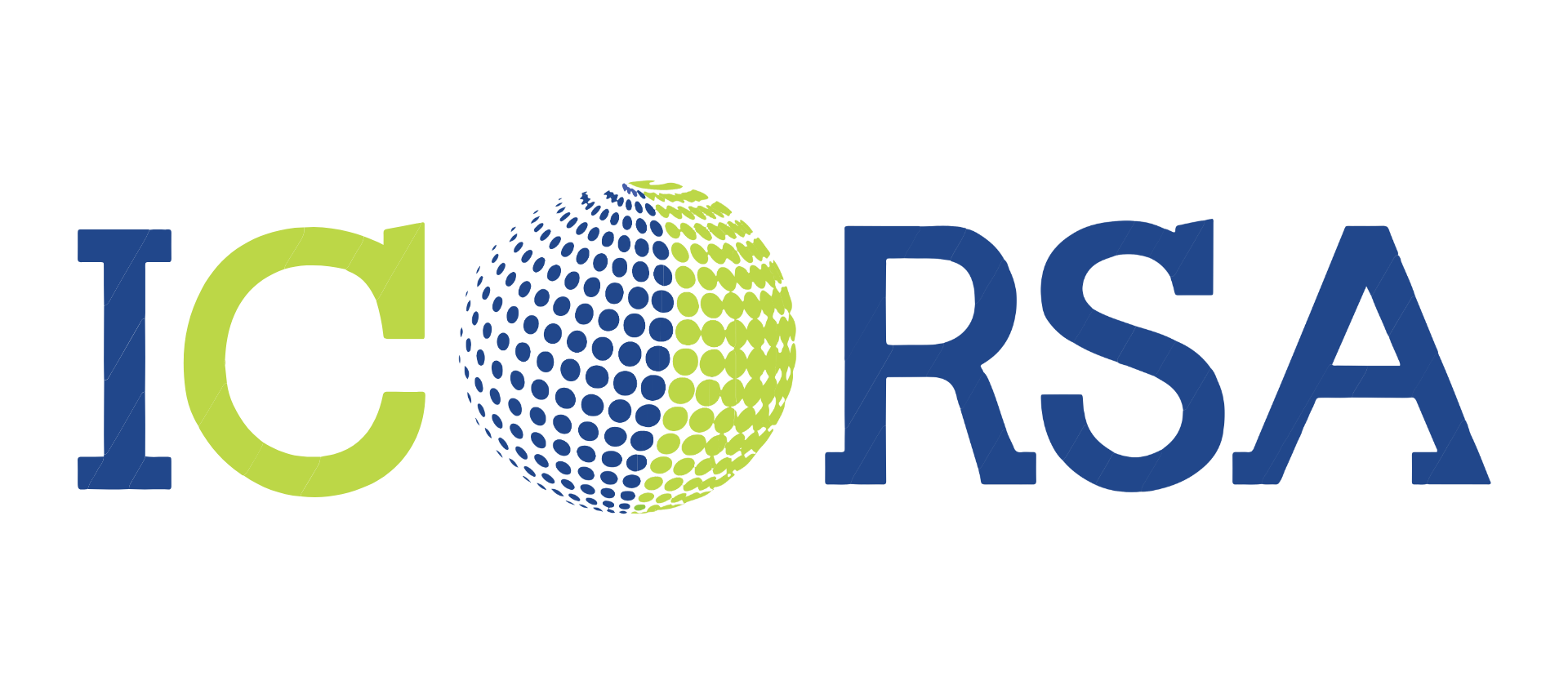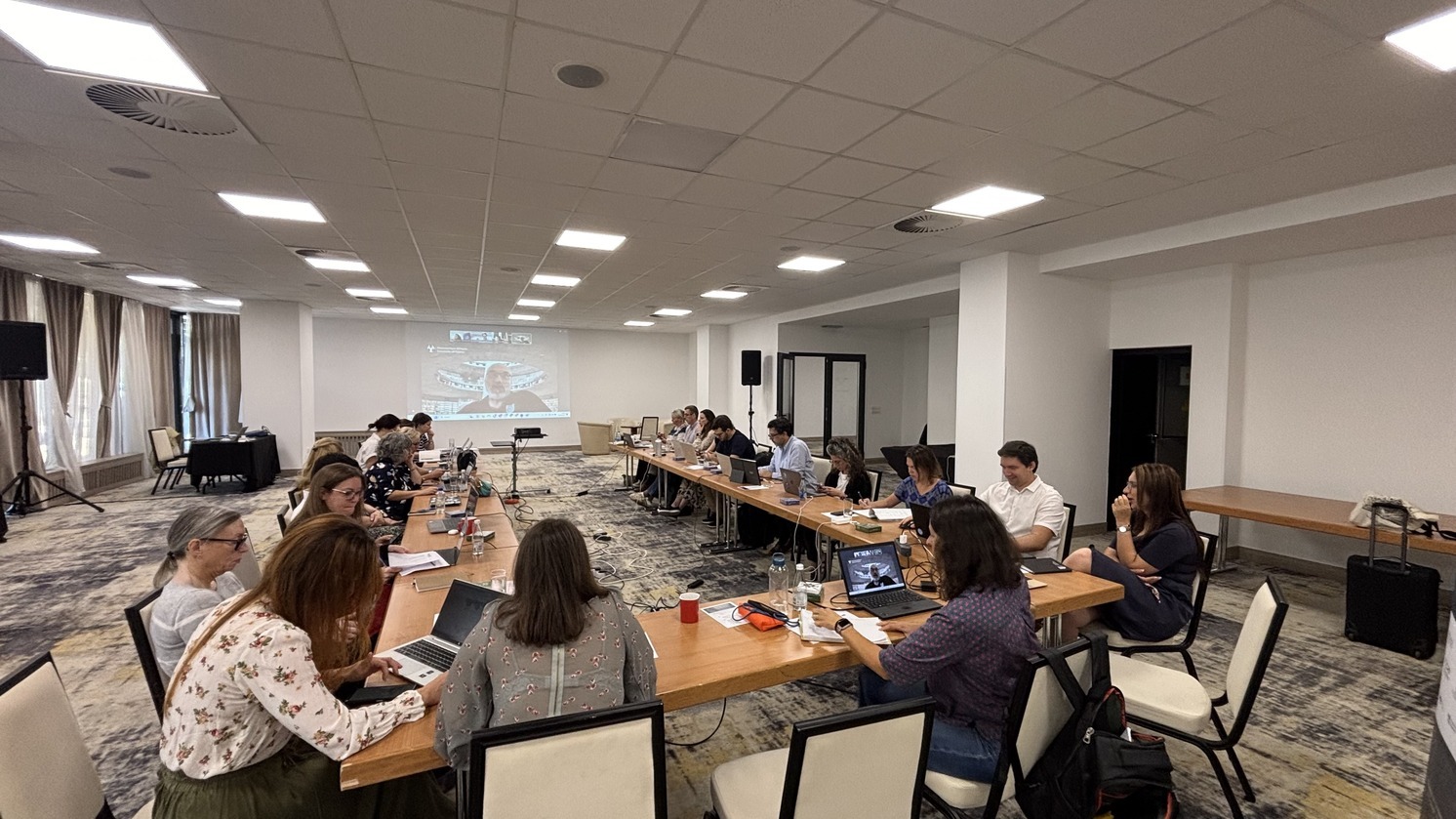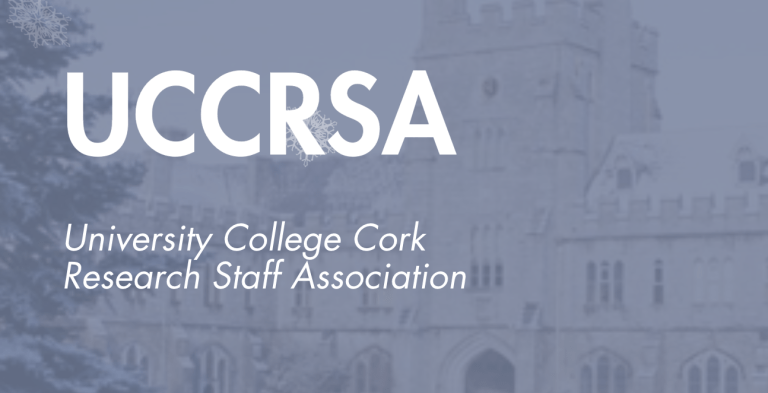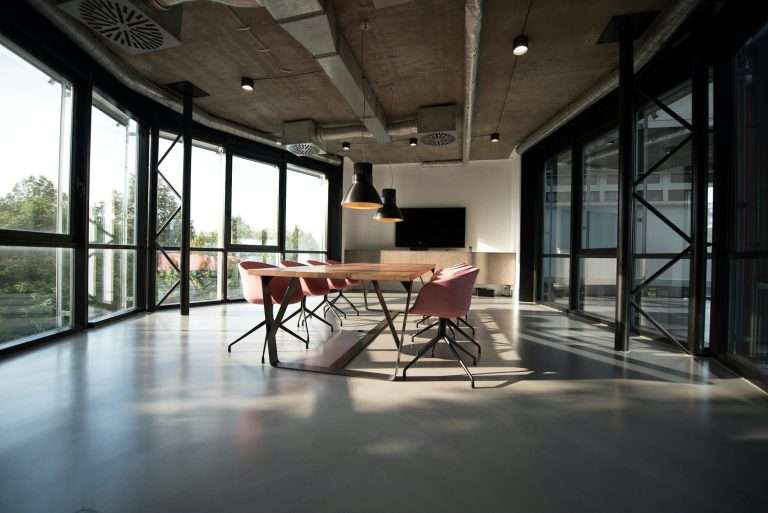Following the success of the SECURE project (2023–2025), the European initiative SECURE2 (Sustainable Careers for Researcher Empowerment 2) is officially set to begin. Building on the lessons and achievements of its predecessor, SECURE2 aims to test and implement the recommendations of the European Research Career Framework (RCF), supporting smoother career progression and increased mobility for researchers within institutions that fund and conduct scientific research (RFOs and RPOs).
The first SECURE project laid a strong foundation for this work. During the SECURE Final Summit in early March, researchers, policymakers, and institutional leaders engaged in insightful discussions about some of the most pressing challenges facing academia today. Topics explored included how institutions can provide greater career stability, which skills and support systems are essential for navigating career transitions, and how to maintain competitive and attractive research careers in a rapidly evolving landscape.
SECURE2 will test these career development recommendations for a minimum of two years in at least nine organisations across Europe. This timeframe allows the project to analyse the possibilities and effects of implementing the RCF recommendations through specially designed interventions in participating institutions. The initiative provides an action plan and a set of options to support organisations in achieving real institutional change, promoting collaboration among researchers, managers, and administrators, while addressing the real needs of both academic and non-academic sectors.
SECURE2 officially started its first phase in June this year, marking the start of a new chapter in strengthening research careers across Europe. The project’s first SECURE2 meeting began in Sarajevo on 15 September.
By fostering dialogue, piloting concrete interventions, and sharing results across Europe, SECURE2 aims to turn ideas into action, contributing to a more sustainable, attractive, and empowering research ecosystem. Updates, insights, and outcomes from the project will be shared as the initiative progresses, ensuring a transparent and inclusive journey toward a stronger research community.
Welcome and Opening Remarks
The kick-off meeting opened with warm welcomes from Rui Mendes (IST) and Dr Erna Karalija (ICoRSA), emphasising the importance of partnership and mutual support. Dr Dario Capezzuto (REA, DG RTD, EC) provided policy feedback, situating SECURE2 within the wider ERA Policy Agenda and the new European Charter for Researchers. He underscored the Commission’s €500 million “Choose Europe for Science” initiative, which complements existing efforts to strengthen research careers without diverting resources away from early career researchers already in Europe.
Next, Dr Stijn Delauré (REA, DG RTD, EC) outlined practical tips for managing the SECURE2 project. He stressed the need for timely and high-quality deliverables, transparent financial reporting, and proactive communication. Two mandatory policy briefs, (one mid-term and one at project completion) will ensure that findings reach policymakers promptly. Partners were reminded to maintain detailed records for audits and to contact the Commission early if amendments or extensions are required.
Strengthening European Research Careers
Dario’s presentation revisited the four main strands of the previous ERA Policy Agenda:
- New Standards for Research Careers: the adoption of the Council Recommendation on Research Careers and the updated European Charter for Researchers.
- Implementation Support Tools: enhancements to EURAXESS, the HR Excellence in Research Award, and the launch of the ERA Talent Platform and ResearchComp competency framework.
- Cultural Change: linking research assessment reform with CoARA and ERA Action 3.
- Investment Support: a Horizon Europe pilot fostering organisational change for early career researchers.
He highlighted the twin aims of benefiting European researchers and attracting international talent without undermining existing commitments.
Project Management Requirements
Dr Stijn Delauré then detailed the essentials of grant management:
- Reporting and Audits: two reporting periods, with technical and financial reports due within 60 days. Audits may occur during or up to two years after project completion.
- Deliverables:all public deliverables must be of high standard, ready for immediate publication upon approval.
- Communication and Dissemination: a formal dissemination and exploitation plan is due six months into the project, and all outputs must acknowledge Horizon Europe funding. Partners were encouraged to use ERA communication channels and to consider multimedia formats like short policy videos.
He closed by urging partners to share policy insights beyond the formal briefs whenever significant findings emerge.
Partner Introductions
Representatives from 17 partner institutions across Europe each presented their organisation’s background, role in SECURE2, and priorities for the coming months:
- Instituto Superior Técnico (Portugal) emphasised their rich history since 1911 and highlighted their alumni network, including a former UN Secretary-General.
- EURODOC outlined its federation of doctoral associations and its work on gender equality and accessibility.
- Marie Curie Alumni Association described their 23,000-member global network and career-development initiatives like narrative CV training.
- University of Cyprus spoke of their interdisciplinary research centres and national open science policy development.
- NOVA University Lisbon showcased 41 research units, 93 percent rated excellent or very good.
- UEFISCDI (Romania) discussed their dual role as funder and policy advisor, sharing lessons from SECURE1.
- PLOCAN (Spain) explained its marine renewable energies focus and leadership in action-plan implementation.
- Vitae UK detailed their career-pathway research and tenure-track modelling expertise.
- HUN-REN Centre for Social Sciences (Hungary) introduced their think tank work on policy evaluation and researcher management.
- Nicolae Testemitanu State University (Moldova) shared their medical training programmes and HR Excellence in Research Award recognition.
- Lviv Polytechnic National University (Ukraine) reflected on its rapid growth and new leadership fostering research culture.
- West Pomeranian University of Technology (Poland) described its engineering and renewable energy research.
- Centre for the Promotion of Science (Serbia) affirmed its role in public science communication and SECURE1’s dissemination work.
- ADOC France outlined its recruitment, training, and research into doctoral career health.
- Business & Societal Development Institute (Hungary) showcased their EURAXESS coordination and action-plan experience.
- VDI/VDE-IT (Germany) recounted their tenure-track administration and mainstreaming expertise.
- Loughborough University (UK) presented their Research Academy and micro-credential innovations for early career researchers.
- ICoRSA (Ireland) explained their global research-staff association network and UNESCO advisory role.
Work Packages 1 & 2: Setting the Stage
Erna and Emma provided a concise overview of the initial work packages:
- Work Package 1 (Benchmarking & Training) will assess each pilot’s baseline RCF maturity via surveys and gap analysis, followed by tailored training sessions. Institutional mapping and selection of cohort members will ensure relevant stakeholders participate in the exercise.
- Work Package 2 (Intervention Selection) focuses on identifying targeted actions with the greatest potential for impact over the project’s two-year pilot phase. Needs analysis will lead into collaborative workshops for developing robust, institution-specific action plans.
Partners were encouraged to reflect on previous lessons learned and to begin considering which interventions will yield the most meaningful change in their contexts.
A Glimpse of Work Packages 3 & 4
Looking ahead, Corina and colleagues previewed the next phases:
- Work Package 3 will pilot and monitor the implementation of action plans across ten institutions, facilitating mutual learning workshops and collecting data on successes, challenges, and suggested improvements.
- Work Package 4 will translate those findings into two policy briefs (interim and final), develop a mainstreaming plan to expand RCF adoption, and organise a closing summit to engage stakeholders and share results widely.
Preparatory meetings for these later work packages will begin soon, ensuring smooth progression from planning to practice.
By working together, learning from SECURE1 and innovating through SECURE2, the consortium is well placed to foster more sustainable, supportive, and empowering research careers across Europe.




